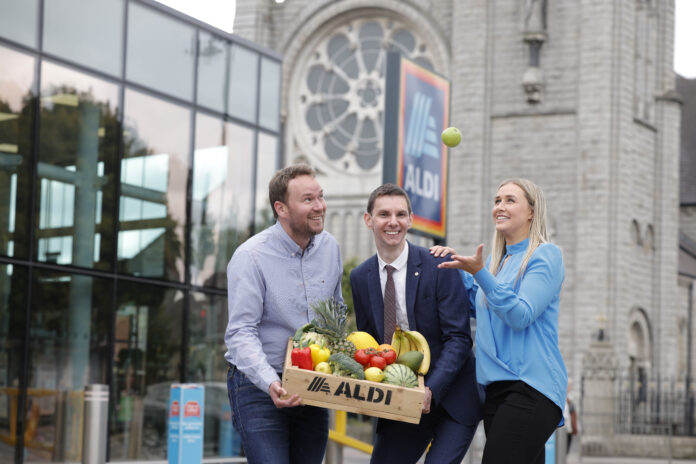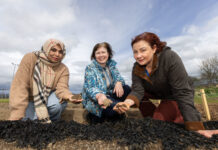
50,000 MEALS have been donated to local groups by one of Ireland’s largest supermarkets since 2014.
German supermarket chain Aldi have announced that they have saved 1.2 million tonnes of food waste by partnering with FoodCloud and Too Good To Go.
Since partnering with not-for-profit social enterprise FoodCloud in 2014, ALDI has donated more than 50,000 meals to local charities in County Limerick.
Nationally, the retailer has avoided over 1.1 million kilogrammes of surplus food from stores and distribution centres.
This equates to 2.7 million meals to local charities through FoodCloud’s network, resulting in 3.7 million kgs of CO2e (carbon dioxide equivalent) avoided, which is the equivalent of 740 round the world flights.
Since teaming up with Too Good To Go in 2023, the retailer has already provided 50,000 ‘Surprise Bags’. The bags, which retail for just €3.99, contain quality food worth at least €12, including fruit, veg, dairy products, meats, snacks, and more that would otherwise go to waste.
One ‘Surprise Bag’ equates to 2.5kg CO2e emissions avoided, which is the same as 442 smartphone charges.
Since the launch, the retailer has helped to avoid over 106,000kg of CO2e, equating to 21 round the world flight tickets, 236 days of hot showering, or more than 19 million smartphone charges.
Earlier this year, Aldi pledged to eliminate 60 tonnes of food waste from its operations in 2023 in support of the Government’s National Food Waste Prevention Roadmap.
Having already surpassed this target, the retailer has set a new target as part of National Food Waste Recycling Week to eliminate a total of 500 tonnes of food waste this year. Under the Roadmap, the Government has reaffirmed its commitment to reduce food waste by 50 per cent by 2030.









